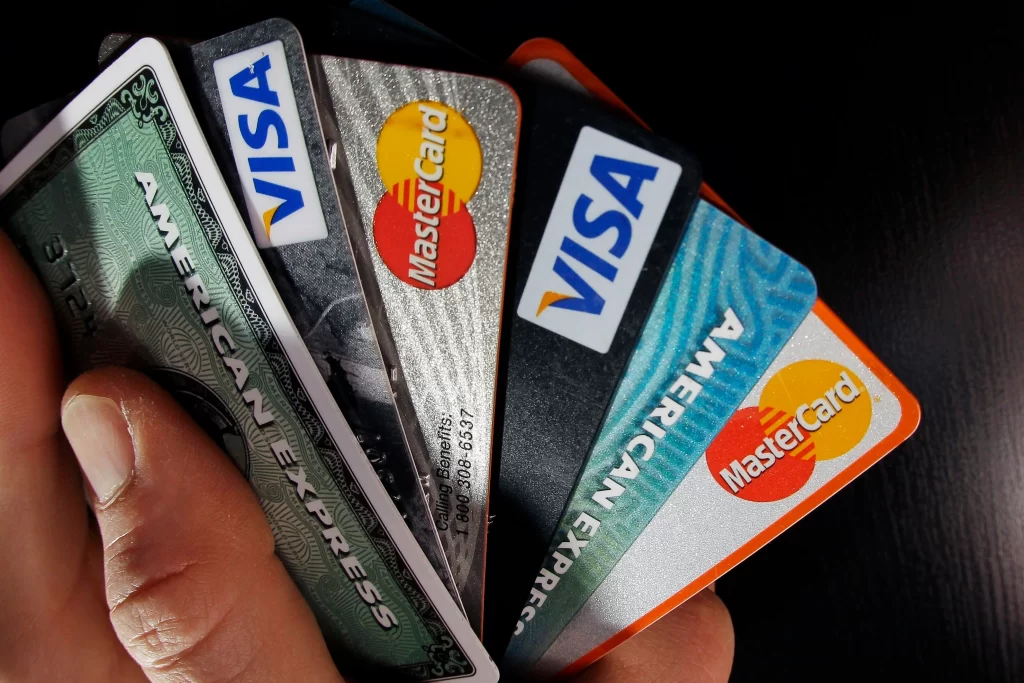Credit cards can be a great way to keep track of your spending, earn rewards for hitting certain milestones, and help you pay off debt. But there are so many credit cards out there that finding one that’s actually perfect for you can be a real challenge. To make this process easier, I’ve put together some tips and tricks for finding the best credit card for your needs.
Why find the perfect credit card?
Why should you find the perfect credit card for your needs and goals?
- It can help build or rebuild your credit. If you’re new to credit, getting a card that has features like low interest rates and introductory zero-percent APR periods will help you build good credit without having to pay high interest rates on purchases you don’t need.
- You can earn rewards. Many cards offer rewards programs with points or miles that can be redeemed for cash back, travel rewards, statement credits towards other expenses and more. In addition to the extra perks of being able to use your card anywhere in the world (and not paying foreign transaction fees), many banks offer rewards cards that allow you access to exclusive events and experiences related to traveling, dining out with friends or even getting into concerts at venues where tickets are sold out quickly—all while earning points towards free stuff!
What to consider when finding the perfect credit card.
- Credit card interest rates
- Credit card fees and charges
Credit cards come with a variety of fees and charges. The ones you’ll want to look out for are annual fees, late payment fees, cash advance fees and foreign transaction fees. These can add up quickly, so it’s important to know what you’re getting into before signing any contracts.
- Rewards offered by your credit card company
Most credit cards offer rewards programs that give back cash or points in exchange for everyday purchases. You should be aware of whether you’re eligible for any rewards programs; some even vary depending on the type of purchase made (gas vs groceries) or how much money is spent monthly on your card!

Finding the best credit card options.
If you’re looking to boost your credit score and get the best deal on a credit card, there are a few things to keep in mind. First, it’s important to understand what exactly a credit card is and how it works. Then, you should consider how different rewards programs can help or hurt your finances. Finally, choosing the right rewards program and credit card will require some serious consideration of your financial situation as well as personal preferences for travel and other spending habits.
Let’s start with an overview of what a credit card is: A prepaid payment device that allows you to spend money without having any funds available on deposit at that moment in time; this means you can buy things now but pay them back later after money has been deposited into an account associated with the card by yourself or another person (e.g., employer).
A key component of any good credit card decision is understanding the difference between rewards programs because these factors can have significant impact on whether or not someone chooses one over another option available within their network(s). Rewards programs are designed differently depending upon who issues them (i e Visa vs MasterCard), so knowing which type of reward system works best for each individual consumer based upon preferences such as annual income level/credit score etcetera will help guide them toward making better choices when selecting cards based upon those factors above all else!

Finding the right credit card can help you to stop overspending and keep you on track with your finances
If you’re looking for a way to manage your finances, or if you want to save money and build credit, finding the right credit card can be a great tool. Credit cards offer many benefits that can help you get ahead financially.
Now that we’ve covered the basics and you know where to start, it’s time to get out there and find the best credit card for your needs! We hope these tips have helped you in your search. Remember that credit cards are only one tool in managing your finances—they should not be used as an excuse to spend more than you can afford. Always think about what spending limit makes sense for your lifestyle; make sure there are no annual fees; and look closely at interest rates because they matter just as much as rewards points do when deciding which card is right for you.




